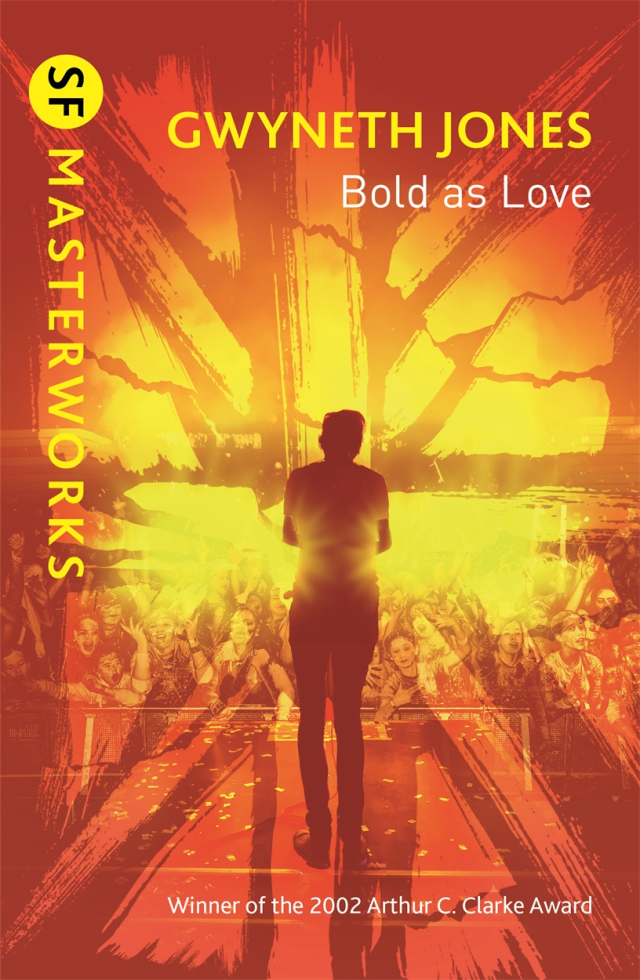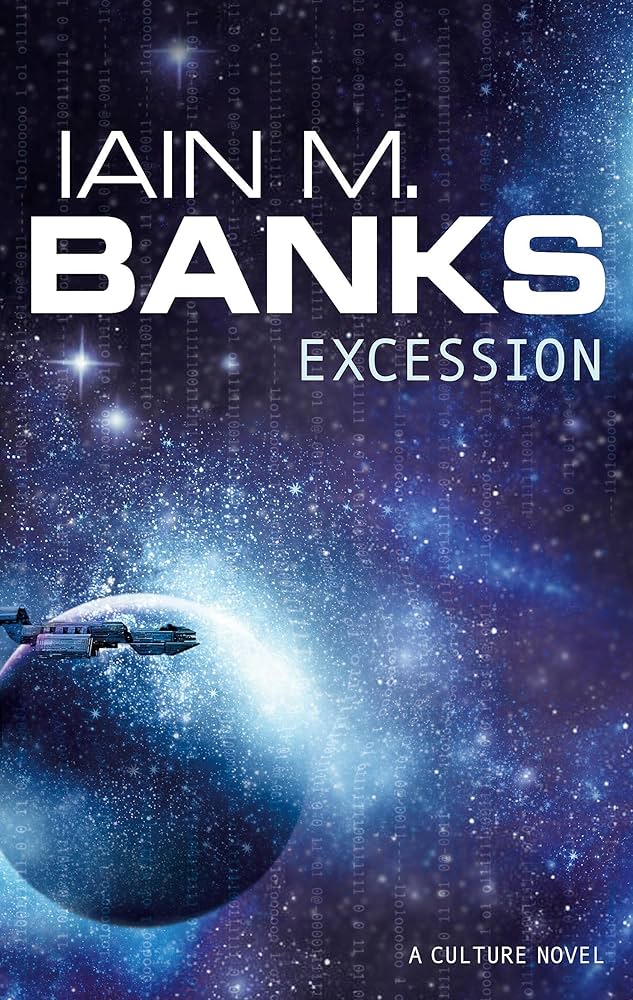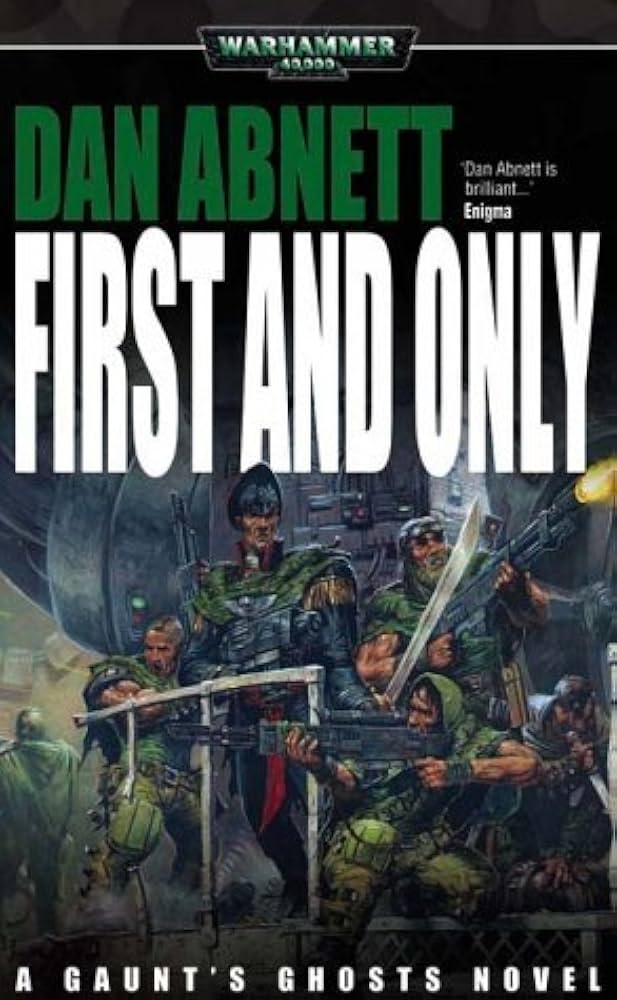The long trans-atlantic nightmare of Reaganothatcherite Economics is over. The Long Grey Man has fallen. There’s a not-actually-new way of doing things in town and it’s pretending, quite successfully, to look nothing like the old way at all. Noel Gallagher is about to stand up and give an incredibly cringe speech at the Brit Awards. Welcome back to Goonhammer Reads Science Fiction’s Long Nineties series, part 2.
Last time, two long months ago, we had a look at the prevailing SF zeitgeist during the end of history, a time of big science doing big things, solving problems with brain and at least a little brawn. It was all the kind of scifi you could have been proud of in the 1950s, because, let’s face it, wasn’t the final victory of capitalism just a return to what the Fifties could have been, if you were white, straight, middle class and all that nasty communism wasn’t threatening paradise? As the long nineties wore on, and the victors of the cold war really relaxed into (virtually) unquestioned cultural and economic hegemony, it was time to start putting smiling faces into the previously glowering suits. There’s no better expression of that than the idea of Cool Britannia to me – of Britain emerging from the grim dark haze of Thatcherism into balmy light glinting off Blair’s rictus grin. Rock Stars, Artists, Comedians, Writers, Aristocrats and working-class heroes all lined up to present the grand, thrusting vision of Blair’s new Britain as the eschaton of the end of history. Not just a victory, but a better one than could possibly have been imagined – things could only get better.
As music, art and politics took on a very shallow veneer of socialism over the same gaping moral vacuum that had characterised the eighties, Scifi, for the most part, saw right through it. So here we are, back again – New Labour, Old Scifi.
Bold as Love, Gwyneth Jones

Ax, Sage, and Fiorinda are rock stars of the Dissolution Summer, when Britain finally gives a last goodbye to its first colonies and the once United Nations go their own ways. From a festival tent meeting with a new government trying its best to tap into a vast and powerful counter-culture movement that last summer of love spirals out into murder, madness and the rise of the Rock and Roll Reich. Can you really play music, take drugs and fuck your way into an anarchist rejection of neo-pagan fascism? If they don’t, who else will?
Bold as Love takes the dream of every stoned 16 year old trapped in a dying post industrial town in Britain and stretches it out to an astonishingly lengthy five-novel series. That idea that you, yes you, probably had after your GCSEs (or whatever the American equivalent is, I don’t know, this one is about Britain in the Nineties) where like, what if your band could like, save the world from the suits? And maybe you could all live together on a series of train carriages? You’d definitely have a beautiful mentally ill goth girlfriend, but maybe also a best mate who was like… a psychic DJ? And you’d fight crusty old fascists, wouldn’t that be great?
For all that, it’s impressively readable and, in the first novel at least, has the potential to not get tiresome depending on how in touch you are with that sixteen year old version of yourself. It’s a fairly early (2001) exploration of what if Blairism is actually really shitty, just cooping leftist messages to usher in new waves of Thatcherism, and if you could combat it with friends, anarchy and drugs. Unfortunately even though it’s in the article, there’s lots of reasons to give it a miss. It comes with a huge, stonking, immediate content warning of absolutely horrendous sexual assault that is then the motivating factor for the beautiful, mysterious and frequently described as doll-or-child-like Fiorinda. It is either going to resonate with your idiot teenage self for long enough for you to finish it or you will crash, hard and fast. But as an exploration of both the promise of cool Britannia and it’s ultimate emptiness (though here combated by the truly cool, not the corporate cool) you, unfortunately, won’t find better.
Excession, Iain M Banks

The Ship-Minds of the Culture have, finally, encountered something they don’t understand. Perched just on the fringes of Culture space is a black-body sphere that defies all currently known physics, an out-of-context problem that could promise much, or destroy everything. The Minds swing into action to analyse, contain and control, but first, they send a whole load of emails.
Many people might tell you to start somewhere else with the Culture series if you haven’t picked it up already. These people are cowards. Yes, Consider Phlebas might be the first. Use of Weapons might be the best. Player of Games might be a perfect intro. But Excession is the most Culture of the Culture. Of the whole series, nothing sells the tension and promise of a galaxy spanning empire led by Godlike AIs and lived in by gender-and-body fluid humanoids, an empire in constant friction with other ideologies and other races despite the fact that arguably it could end them all in a fraction of a second. An empire of plans within plans within plans, weirdoes, visionaries, bored spaceships and millennia-old eccentrics. Excession has everything the other Culture books have, but it’s all turned up fully here with multiple interleaving plots and perspectives building to a pretty perfect Iain Banks finale. Go read it, it’s really good.
It’s also a good expression of the weird joy and promise of the end of Thatcherism. The out of context problem presents a good parallel for the mystery of 1996 – the Tories are on their way out, but what the fuck IS New Labour anyway? There’s a lot of exciting new concepts too, like Artificial Intelligence, body-swapping, gender fluidity and BBS boards and email chains (yes, really). You have to dig into it a bit – though no prior knowledge of the Culture series is strictly needed – and have a sense of humour to get the most out of it, but taking every element in gives you not just a fantastic read but a window onto a technocratic hopefulness for the future that would last through exactly one more Culture book.
The Star Fraction, Ken Macleod

The United States has established almost complete control over the globe via the US/UN, sealing power with the fracturing of the world into warring, semi-tribal microstates that are kept under a firm, paternalistic hand. While technological development has allowed for wonders unknown to proliferate, it’s strictly controlled and research progresses along measured, defined paths lest it stray into forbidden territory. In a fractured disUnited Kingdom, mercenaries, visionaries and the occasional libertarian stumble first into conspiracy and then into revolution and technological transcendence.
Things were getting better, right? Maybe. They were certainly getting more Americanised. Macleod takes us on a fantastically well written, punchy adventure through a world controlled and castrated by the Nineties hegemony that’s character-and-technology driven in a massively satisfying combination of left wing politics and high-nerd technophilia. Like a lot of Macleod’s work it’s unabashedly political and all to the good for it, celebrates and looks forward to the growth of the internet and to a libertarian-socialist-technological singularity.
The Star Fraction isn’t a look at what the new-NotSocialism promised, but a clear refutation of what it promised. Macleod, like many, saw right through Blairism to the empty, hollow heart that substituted growth for support and money for morality. Star Fraction is the world as it still could be, one that was equally rooted in the end of history idea of American supremacy and the rapidly approaching reforged special relationship. It’s a really, really, fun read too.
Black Library Pick
If we’re stood in the mid-Ninetiess looking forward to sunlit uplands of endless prosperity, there’s only one Black Library book we can go for. The first one. But not the only one.
First and Only, Dan Abnett

Colonel-Commissar Ibram Gaunt leads the Tanith First and Only, a regiment of light recon specialists from a planet destroyed by the forces of Chaos. Gaunt leads his men from one hell of war to another, uncovering a massive conspiracy to supplant Warmaster Macaroth via lost and ancient technology, all the while revisiting his past to find strength to defeat the foes that assail him.
First and Only holds up really well, with the first glimmers of Abnett’s amazing ability to write good combat, the beginning of the loveable cast of the series and enough 40k references to fill several of the later books. There’s often a recommendation to start reading the Ghosts at book three – Necropolis – but I think that’s wrong. Start here. It’s rougher than Abnett’s later work – it’s his first novel! – and the story of the Ghosts isn’t a fraction as well rounded as it would become in later books. It feels decidedly third-edition – battles are quite small, the lasgun reigns supreme and first edition style technology still lurks on the edges of the fray. Despite all that, it’s still good – legitimately good – with some really excellent imperial weirdness.
It’s also a good pick because it’s the first Black Library novel. GW had published books before under a variety of labels, but this is the one that kicked it off, the one that led GW into their lore-as-product phase. It sold incredibly well, both then and in subsequent reprints. I picked up a copy at Games Day 99, had it signed by the author and, for some reason, Bill King. From then on, things really did only get better for GW (minus a few blips) and it’s as much a part of the story of their play for Blairite boom-growth as Gorkamorka. Fittingly, it kicked off the journey to a GW increasingly playing off Crusade rhetoric, published a mere two years before Cool Britannia gave way to the Great Crusade, a journey that would lead not just GW, but the US and Britain too, into the dark spaces we’ll look at in the last article of this mini-trilogy.
Have any questions or feedback? Wondering how I’ll mention not talking about Heinlein this time (he died in ’88)? Think I’ve really vanished up my own arse with this one? Drop us a note in the comments below or email us at contact@goonhammer.com. Want articles like this linked in your inbox every Monday morning? Sign up for our newsletter. And don’t forget that you can support us on Patreon for backer rewards like early video content, Administratum access, an ad-free experience on our website and more


